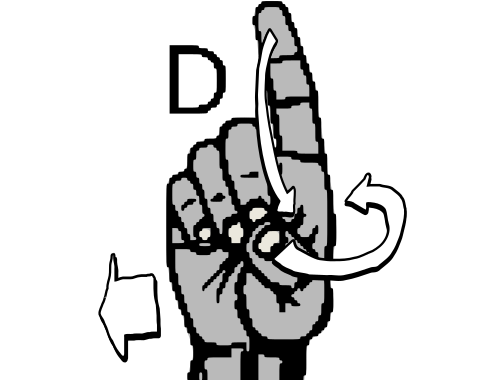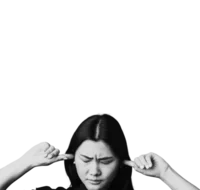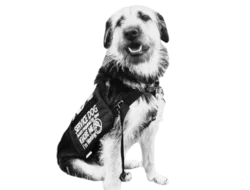Having a disability doesn’t mean not having sexuality, but you’d never know that from the messaging out there. Here’s sex, relationships and bodies information for people with a range of disabilities, from neurodiversity to chronic illness to mobility or cognitive disability. Nothing about us without us: our disability information is almost always written by people with disabilities themselves.
Disability

Highlighted content
I’m 23, and grew up in a relatively conservative environment. I’m Black and adopted, live in a rural community, had catholic school education for 14 years, and am chronically ill with Crohn’s Disease...
I really want to have sex, but I don't know how, and I'm queer, chronically ill and isolated.
- Kelli Dunham RN BSN
Articles and Advice in this area:
- Lisa Laman
There isn’t a one-size-fits-all process for deciding how, and when, to talk with a date about being autistic.
- Andrew Gurza
It took a long time for me to come to terms with my singledom, but now that I’m here, I couldn’t be happier.
- Andrew Gurza
When your disabled body decides to literally crap out on you, how do you bring sexy back?
- s.e. smith
Approaching consent through a disability lens opens up new opportunities in all kinds of relationships.
- s.e. smith
Sometimes it feels like we should be selling tickets to the freak show. Here’s how to tell people you’re not a circus act.
- s.e. smith
If you want to explore various aspects of kink — or whatever you want to call it — there’s absolutely nothing wrong with that, and it can be fun and one way to build rich, fulfilling relationships.
- s.e. smith
Some people find disabled bodies — not disabled people — sexually stimulating. That means seeing your body as a sexual object.
- s.e. smith
You are who you are and who you are is great! But sometimes a neurodivergent brain needs a little extra care and feeding for healthy relationships.
- s.e. smith
Nondisabled people sometimes assume masturbation is a snap, but for some of us, it can be more challenging. That doesn’t mean it’s impossible.


